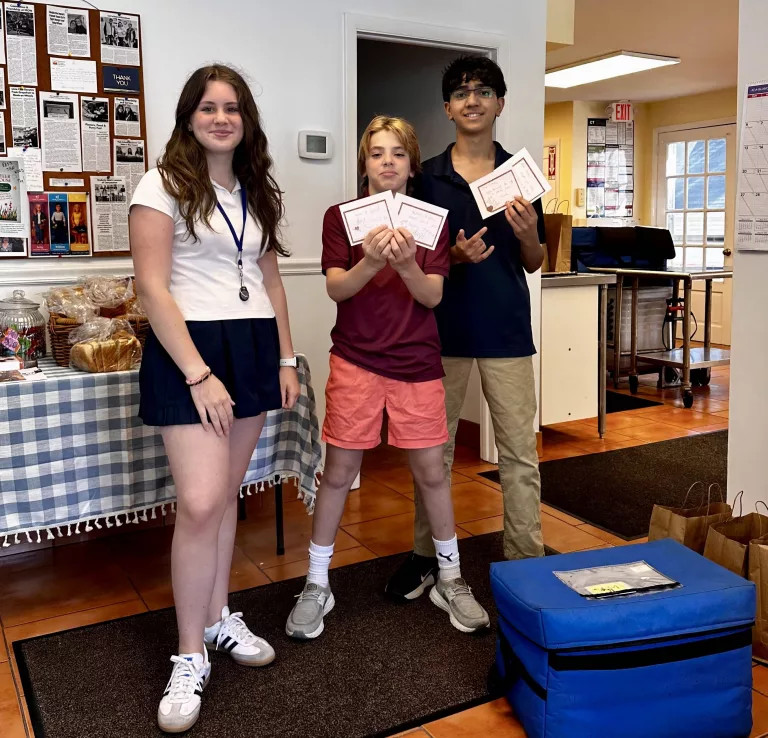
We were pleased to see the Greenwich High School Stress Committee held its inaugural meeting this past week. How appropriate to begin the discussion on whether or not our high school students are too stressed in the midst of mid-term exams. Headmaster Christopher Winters wants to quantify the level of stress before deciding what, if any, action needs to be taken. We understand and applaud this necessary step, but we believe the results are a foregone conclusion. Our high school kids are stressed out.
We live in a town of high achievers. That is not a bad thing. Our neighbors are successful financiers, attorneys, doctors. They are at the top of their fields and have gotten there through hard work. It is only natural that our students would see this and want to emulate it. The question becomes, how do we, as parents, help our children manage their high school careers so that the inevitable stress does not become all-consuming?
Life moves faster every day. Since the launch of CNN and MTV, we have developed a need for constant consumption of information and stimulation. With the arrival of Facebook, we were able to be continuously updated on our “friends” movements. Twitter allowed us to do the same, only faster. Our teenagers have a constant stream of noise directed at them. Even at night, when they should be asleep, someone is texting. To that noise add classes, homework, early morning start times, and what it is generally like to be a teenager, and you have the perfect storm for stress.
High school years for teenagers are, by their nature, challenging. These are the years of enormous physical and emotional growth. Teenagers are learning how to manage their emotions at a time in their lives when everything seems intense. And they are learning how to co-exist with each other in, hopefully, a positive manner. There is just a lot happening to teenagers during this time.
Greenwich High School has earned a terrific reputation for offering its students the opportunity to earn a great education. It is large enough to offer a wide range of electives. It also has a large selection of AP classes that students can take. These look very good on college applications. We wonder, however, if limiting the number of AP classes a student can take might be prudent. We asked our intern, a graduate of Greenwich High School who is now a freshman at Skidmore College, how many AP classes she took. Her response: “Only three.” Only three. We may have created an inverse supply and demand scenario here. Students are taking four or five AP classes because they can.
It is incumbent upon us, as parents, to actively participate in our high schoolers’ lives. Teenagers tend to shut out parents as they learn to become self-sufficient. We must fight against that. Being an active participant allows us to better understand what our teenager is going through. Being a helicopter parent and only stepping in to fix a problem does not cut it. We must be there every day, every night to help our teenagers develop the life skills necessary to proactively manage stress. That may mean pulling them back a bit so that they have more balanced lives. That will require some self-examination on our own part. Are we pushing our children too hard? Will five AP classes mean they get into Harvard when “only three” allows them time to participate in the church choir and have a little balance in their life?
In this day of iPhones, iPads, Facebook, Twitter and numerous other ways to stay connected, we should actively disconnect. We should find time each day to spend with our high school students. They may resist it at first, but there is still much we can teach them. Before long, they will be off to college, or other opportunities, and the chance to help them develop life skills will be gone. For now, the kitchen table is a great place to have a conversation. Just you and your high schooler, connecting.





